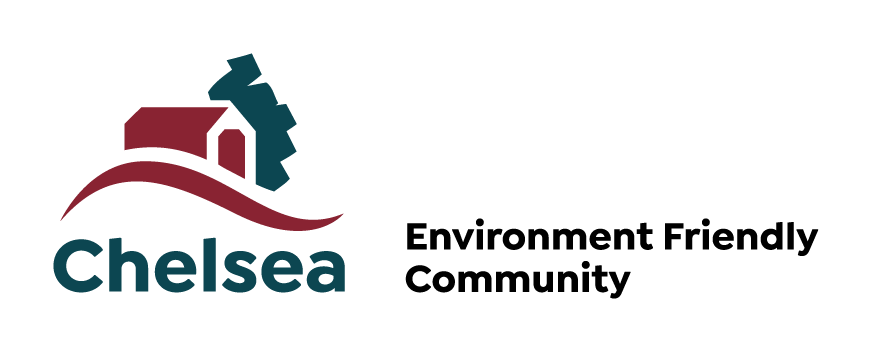Private homes have been offering short-term rental accommodations on the sly in the municipality through Airbnb, Vrbo, Wimbu, and others, leading in some cases to serious issues for those living nearby. Some residents, however, are interested in supplementing their income occasionally by renting out their main residence for short periods of time and would like to have a set of rules for doing so that are clear, simple, and fair to everyone. Chelsea is currently studying the possibilities.
Planning and Sustainable Development has been working on a set of regulatory amendments since 2019, seeking to balance competing interests through specific conditions and restrictions. The rules include penalties for owners who continue offering accommodations without authorization.
Public consultations will be held. If COVID-19 restrictions are still in effect, those public consultations will be held online using digital platforms.
Awaiting provincial legislation
Because new municipal bylaws have to comply with provincial legislation, Council has decided to put the amendment process on hold until the province passes its new bills.
Ministère des Affaires municipales et de l’Habitation introduce its Bill 49 in November 2019 to amend the provincial laws governing short-term accommodations. It was supposed to be passed in May 2020, but the National Assembly shutdown has put its entry in force on hold for an unspecified future date.
Here for your information are some excerpts of provisions from the Government of Québec bill:
- Primary residence establishments are exempted from nonresidential and business tax rates
- Provision is made to prevent the use of municipal zoning to prevent primary residences from providing tourist accommodations
- A committee is struck to update Québec’s tourism accommodations classification system overall and make recommendations to bring the system in line with current conditions and reduce operators’ administrative burden
- Operators of primary residence establishments required to get a certificate of classification from the CITQ Québec Tourism Industry Corporation. Three-month grace period allowed to give everyone a chance to meet the new regulatory requirements
- Bill 49 to amend the Act respecting elections and referendums in municipalities, the Municipal Ethics and Good Conduct Act and various legislative provisions was tabled in November 2019 in the National Assembly by the Minister of Municipal Affairs and Housing, Andrée Laforest.
A new provincial regulation
A regulation to amend the Regulation respecting tourist accommodation establishments took effect in May 2020. It added a new category of tourist accommodations: primary residence establishments. Also, it’s now mandatory for any natural person (owner or tenant) to have a classification certificate from the CITQ Québec Tourism Industry Corporation, including a written notice and establishment number, before they can rent out their primary residence.
Revenu Québec inspectors are in charge of enforcing the Act and Regulation respecting tourist accommodation establishments.
Next step:
The Municipality of Chelsea plans to get back to work amending the short-term rental accommodations bylaw to bring it in line with the new provincial rules as soon as they’re approved and in effect.
Chelsea residents can keep up to date on how the provincial government’s guidelines are progressing on the Government of Québec website.
You can also send any comments or questions you have about it to permis@chelsea.ca.
To learn more:
You can find out more by following the links below:
- Tourism Minister’s announcement
- Order issued by the Minister for Health and Social Services on March 23, 2020
- Regulation respecting tourist accommodation establishments
- CITQ
This page was last updated on May 22, 2020

